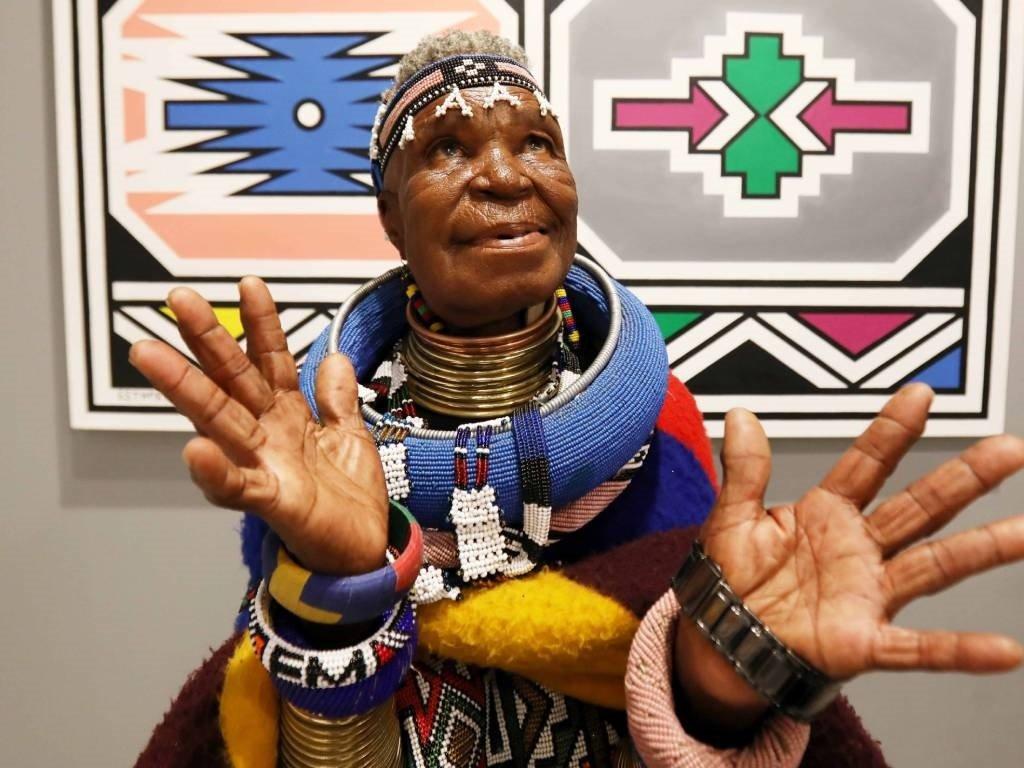Africa-Press – South-Africa. As our life expectancy improves, we cannot as a society afford to continue to treat our elderly as burdens who stifle our hip and happening lifestyles, but instead, raise their profiles in our communities, writes Connie Mashaba.
The Constitution of the Republic of South Africa states that the Bill of Rights is a cornerstone of our democracy. The Bill of Rights also enshrines the rights of ALL people in our country and affirms the democratic values of human dignity, equality, and freedom. To this end, the state must respect, protect, promote, and fulfil the Bill of Rights.
What a task!
The Oxford Dictionary defines a cornerstone as a stone that forms the base of a corner of a building joining two walls; or an important quality or feature on which something is based.
To receive Opinions Weekly, sign up for the newsletter here.This definition affirms my conviction that South Africans would do well to protect our elderly, for they are an essential part of our society. They carry in their memories our collective oral histories, are the repositories of our heritage, and the storehouse of all our genetics passed down from generation to generation.
However, sadly, many of them live under dire conditions in communities across our country, where they are devalued, often abused, sexually assaulted, murdered, ostracised, isolated, and discriminated against because of their age. Our society deprives them of their right to basic human dignity.
The Trouble
The situation that the elderly find themselves in our communities is profoundly troubling. It presents a significant challenge for our society, the government, and organisations that provide them with much-needed assistance. Despite our country’s democratic gains, apartheid spatial, economic, and access to employment patterns remain unchanged as people continue moving farther away from home in search of work and better living conditions.
If from rural areas, young people of working age migrate to the cities; if from the townships, those with better prospects move into suburbia. Both scenarios often mean parents and grandparents are left behind in the villages and townships. It is important to note that these elderlies are mostly left with their low-skilled and low-income-earning or even unemployed family members. In unemployment cases, granny’s much-needed pension money may have to either supplement what little money comes in or become the primary source of income for the family’s sustenance.
Reality is very Real
Almost two weeks ago, my immediate family and I learnt of the senseless assault, rape, and murder of my 74-year-old relative in Ngobi Village in the North-West. The news of her killing came while South Africans were reeling from the gang rape of eight young women in Krugersdorp, whose case is ongoing. As my husband and I are public figures, her story caught the media’s attention.
A week later, a 28-year-old Free State man was arrested for attacking and killing his 65-year-old mother and critically injuring his uncle, who was reportedly also in his mid-60s.
In another recent incident, assailants severely beat an elderly couple in their 80s with iron bars during a brutal farm attack that they both sustained severe brain injuries and skull fractures.
In March this year, fortunately not fatal, 87-year-old legendary Ndebele artist Esther Mahlangu was also attacked and robbed while preparing to take a relaxing afternoon nap. Reports of the incident went viral, and the South African Government in Mpumalanga, where she lives in Kwamhlanga Village, embarked on a chase to find her attacker.
These are some cases the public learns about; however, we know that there are thousands more that we do not.
Even more unfortunate is that it is not only strangers who commit these heinous acts against our elderly, but also often close family members, relatives, and even caregivers who take advantage of their vulnerability.
Let the Record Show
In mid-year of 2020, Statistics South Africa estimated that South Africa’s population stood at 59.62 million, 51.1% (approx..30.5 million) of whom are female – 5.43 million male and female aged 60 and above. This picture informs us that South Africa’s population is aging. Therefore, there is a solid case for us to take issues affecting the elderly very seriously and commit to putting measures in place to protect them from all kinds of harm.
Want to respond to the columnist?Send your letter or article to [email protected] with your name and town or province. You are welcome to also send a profile picture. We encourage a diversity of voices and views in our readers’ submissions and reserve the right not to publish any and all submissions received.As a youth, who has now reached my 60s, I shudder to imagine that I, too could one day be alone, taken advantage of, or left for dead in my old age. I do not take it for granted that my family and I have lived a life of privilege. Although I have access to better security than many of our elderly citizens, there is no guarantee that those entrusted with my wellbeing will not betray my confidence.
As our life expectancy improves, we cannot as a society afford to continue to treat our elderly as burdens who stifle our hip and happening lifestyles, but instead, raise their profiles in our communities. We must respect them, safeguard their livelihood, and ultimately ensure that they live out the rest of their lives with well-deserved dignity because their gains are an important feature upon which our country is based.
For More News And Analysis About South-Africa Follow Africa-Press






